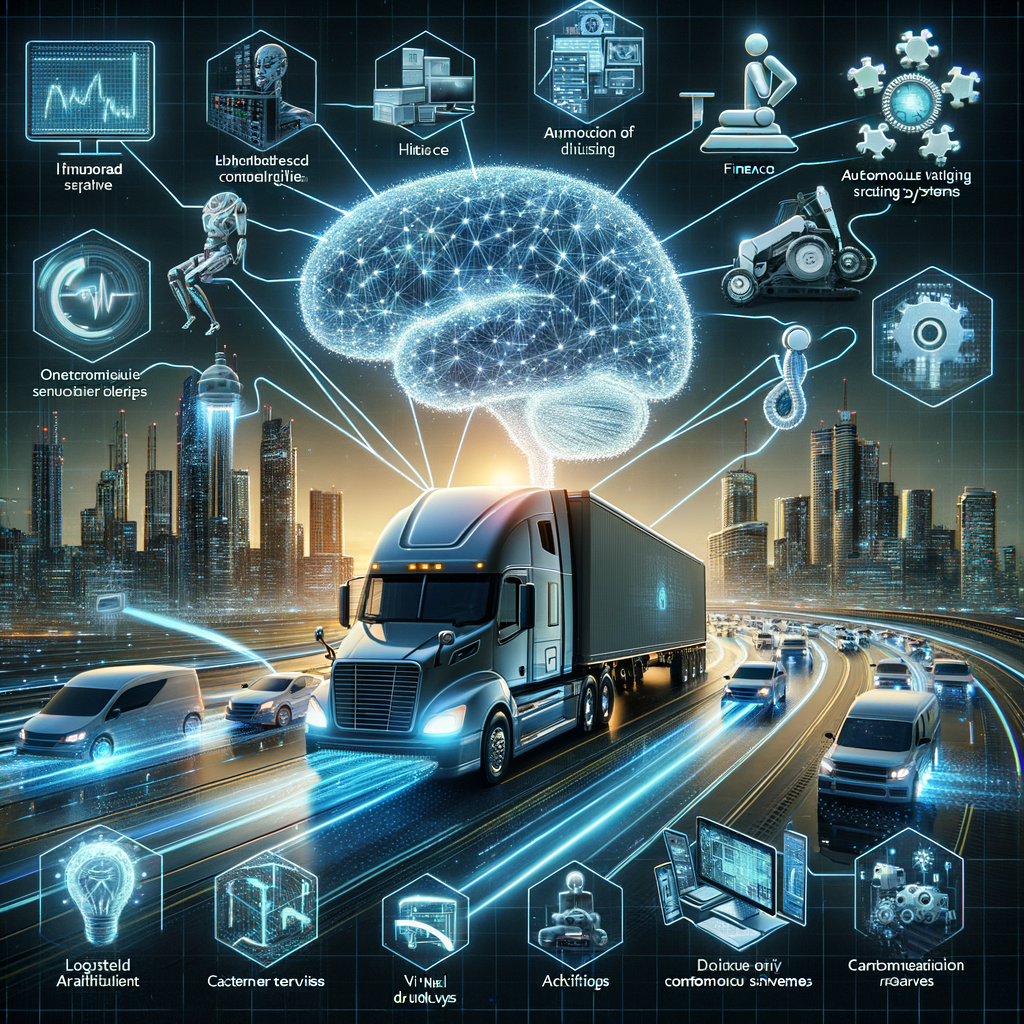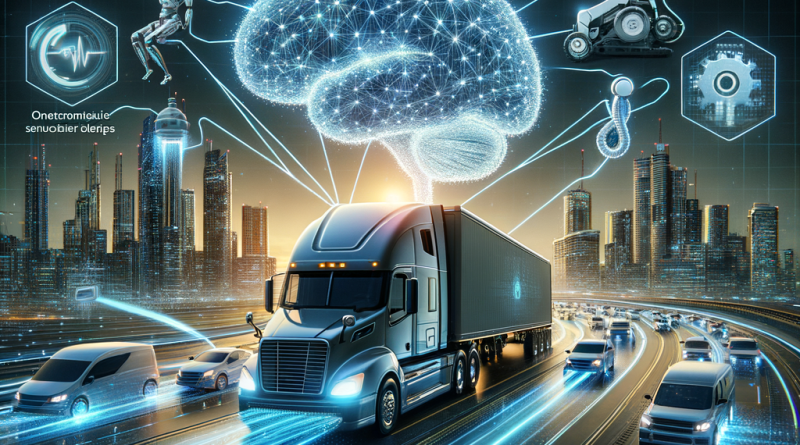How AI Innovations Are Shaping the Future of Industries Worldwide

How OpenAI’s New AI Tools are Changing Industries Worldwide
Artificial intelligence is no longer just a futuristic concept we’ve all dreamed about—it is now at the very core of modern innovation, transforming how businesses operate globally. Recently, OpenAI took this transformation one step further by announcing an exciting new set of tools designed specifically for creating autonomous AI agents.
The Brand New Toolkit from OpenAI
OpenAI’s latest initiative includes:
- The Responses API: Designed for simpler dialogue management, this API smartly integrates results into ongoing conversational contexts.
- Agents SDK: Allowing developers easy access to establish autonomous multi-step processes managed by AI.
- Observability & Integration Tools: Ensuring robust workflows and transparency, these tools significantly simplify monitoring and troubleshooting efforts.
This comprehensive toolkit reduces complexity, providing developers and enterprise users greater flexibility and power when creating and deploying autonomous AI solutions into their workflows.
Impact on Industries
OpenAI’s cutting-edge solutions promise significant gains across different industries, including:
- Healthcare: Streamlined patient interactions, effective diagnostics, and simplified data management.
- Finance: Smarter investment analysis, fraud detection, and overall efficiency enhancements.
- Logistics: More efficient route optimization, faster supply-chain decision-making processes.
- Customer Service: Developing sophisticated virtual assistants that manage complex customer inquiries autonomously.
According to Sam Altman, CEO of OpenAI, these AI agents represent “the most impactful application of AI that will happen,” establishing a strong foundation for future technological advancements.
Waabi’s Virtual Robotrucks: Transforming the Future of Autonomous Trucking
The future of autonomous trucking isn’t just self-driving vehicles roaming the highways—it has taken a leap forward into the digital realm. Waabi, a promising Canadian startup, has presented a revolutionary virtual testing method known as “Waabi World.” Rather than expensive and extensive road testing, Waabi’s approach is virtual, powered by advanced simulations.
What Makes Waabi World Innovative?
Waabi utilizes a “digital twin” strategy, effectively merging digital simulations with real-world performance data. The resulting virtual models match operational characteristics precisely with actual autonomous trucks on the road. This precise replication significantly reduces the need for physical road-testing, accelerating development speed and improving safety assessments.
The Benefits Beyond Safety
- Cost Efficiency: Drastically lowered costs bypassing extensive physical trials.
- Time-to-Market Advantage: Accelerated testing timelines, quickened deployment.
- Scalability: Allowing easy transitions from developmental stages to real-world application without repetitive, resource-intensive processes.
Waabi’s methodology marks a critical advancement, comfortably positioning itself at the forefront of next-generation transportation technology.
The Slow Adoption of AI Among Architects
While other sectors of industry continue to rapidly embrace AI advancements, architecture has been largely hesitant. According to a recent survey by the American Institute of Architects (AIA), only 6% of architects currently employ AI regularly, with larger firms slightly ahead at an 8% adoption rate.
Potential of AI in Architecture
AI-powered technologies hold transformative potential for architects through:
- Automated Data Collection: Tapping into extensive construction data, AI can help gather insights quickly.
- Enhanced Visualization Tools: Platforms like Cetopo offer automated environment modeling, expediting project visualization processes dramatically.
- Sustainability: Facilitating eco-friendly designs by optimizing material and energy decisions intelligently.
Why Such Slow Adoption?
Despite numerous benefits, resistance still thrives due to fears surrounding cost implications, perceived complexity, and concerns regarding reduced creative control. Clearly, while current adoption is slow, the vast advantages AI offers suggest an inevitable shift as architects recognize increased efficiency, creativity, and sustainability.
The latest innovations from OpenAI, Waabi, and other tech leaders underscore the profound changes happening within technological ecosystems. The future of many industries undeniably lies in embracing advanced artificial intelligence solutions to realize unprecedented growth and productivity.
Stay updated on all the groundbreaking AI developments—Join the future today!
Quick Insights
- China’s Manus AI collaborates with Alibaba to improve its general AI agent rollout.
- Meta reveals its advanced AI chip MTIA, aimed at speeding up generative AI model training.
- Salesforce earmarks a $1 billion investment in Singapore to enhance global AI strategy.
- OpenAI CEO Sam Altman introduces AI that generates creative and persuasive fictional content.
- Meta faces legal battles in France over allegations of unauthorized AI training methods.
Trending AI Tools You Shouldn’t Miss
- Flow: AI-enhanced automatic formatting and grammar suggestions.
- Tweet Hunter: Boost your Twitter following and monetize easily.
- Supermoon AI: Simplifies training your AI models effectively.
- LOVO AI: Create realistic voice overs instantly.
- Decktopus AI: Generates impactful AI-driven presentations in seconds.
- Flot AI: Expands your AI’s knowledge base on various platforms effortlessly.
- Heardly: Quickly absorb and understand book summaries powered by AI.
- CopyOwl AI: Advanced research and SEO tools for authoritative blogging.
AI is here to reshape our industries fundamentally—embracing it now could significantly boost your ventures.
Interested? Explore and integrate these AI innovations and tools today!
#ArtificialIntelligence #OpenAI #AutonomousTrucking #Waabi #AIforArchitects #AIInnovation #FutureTech #TechNews #VirtualReality #DigitalTwins
